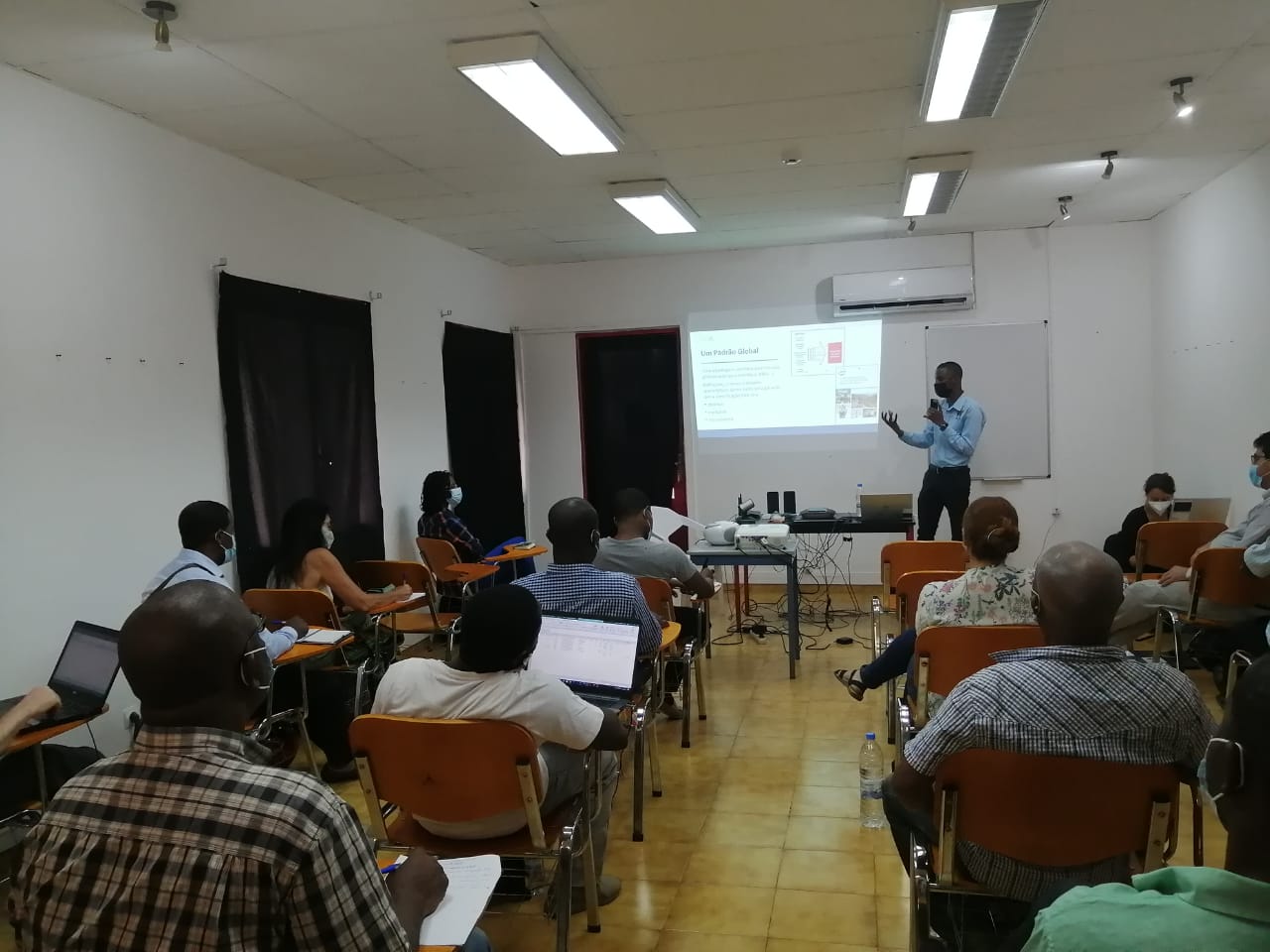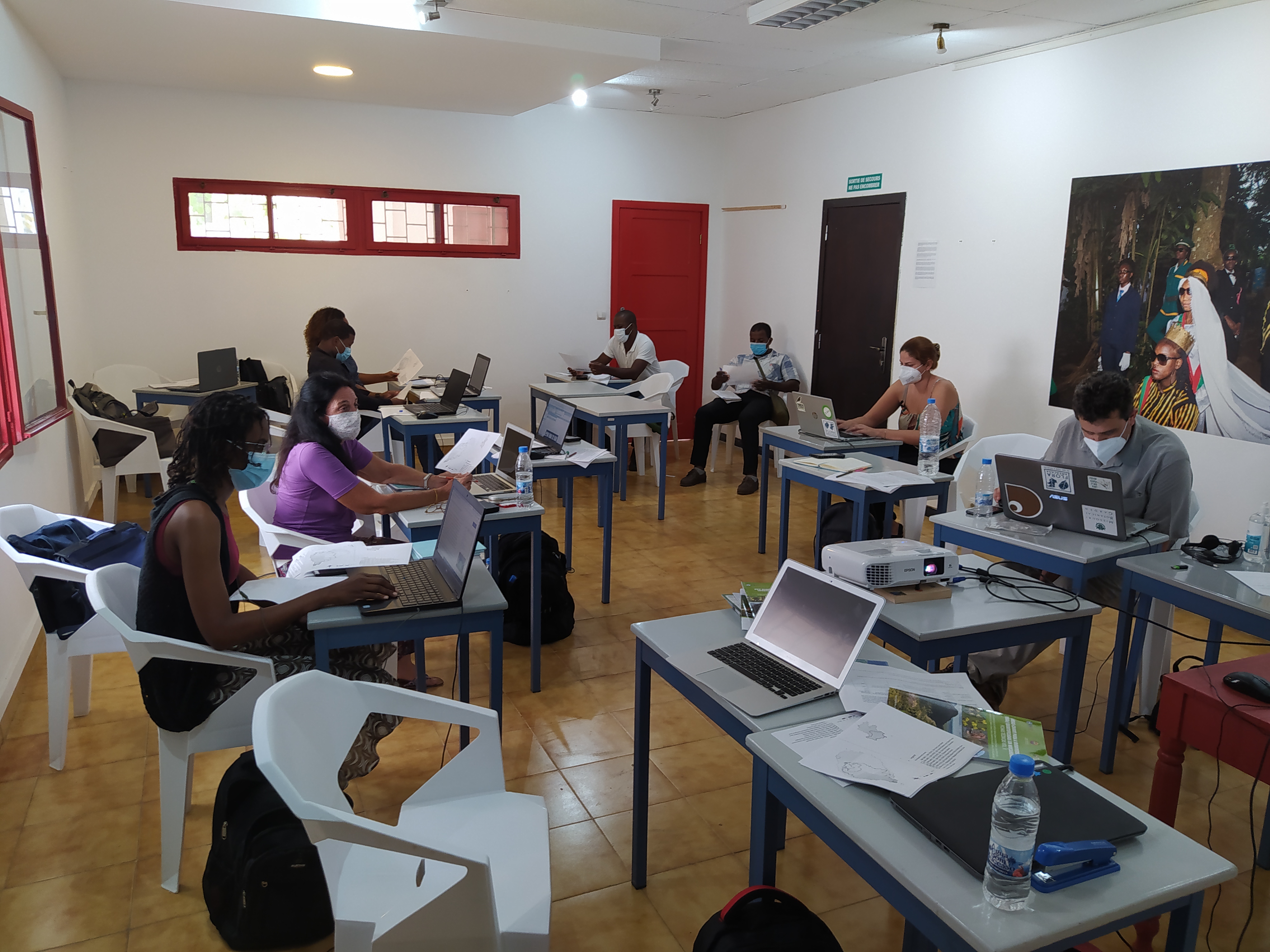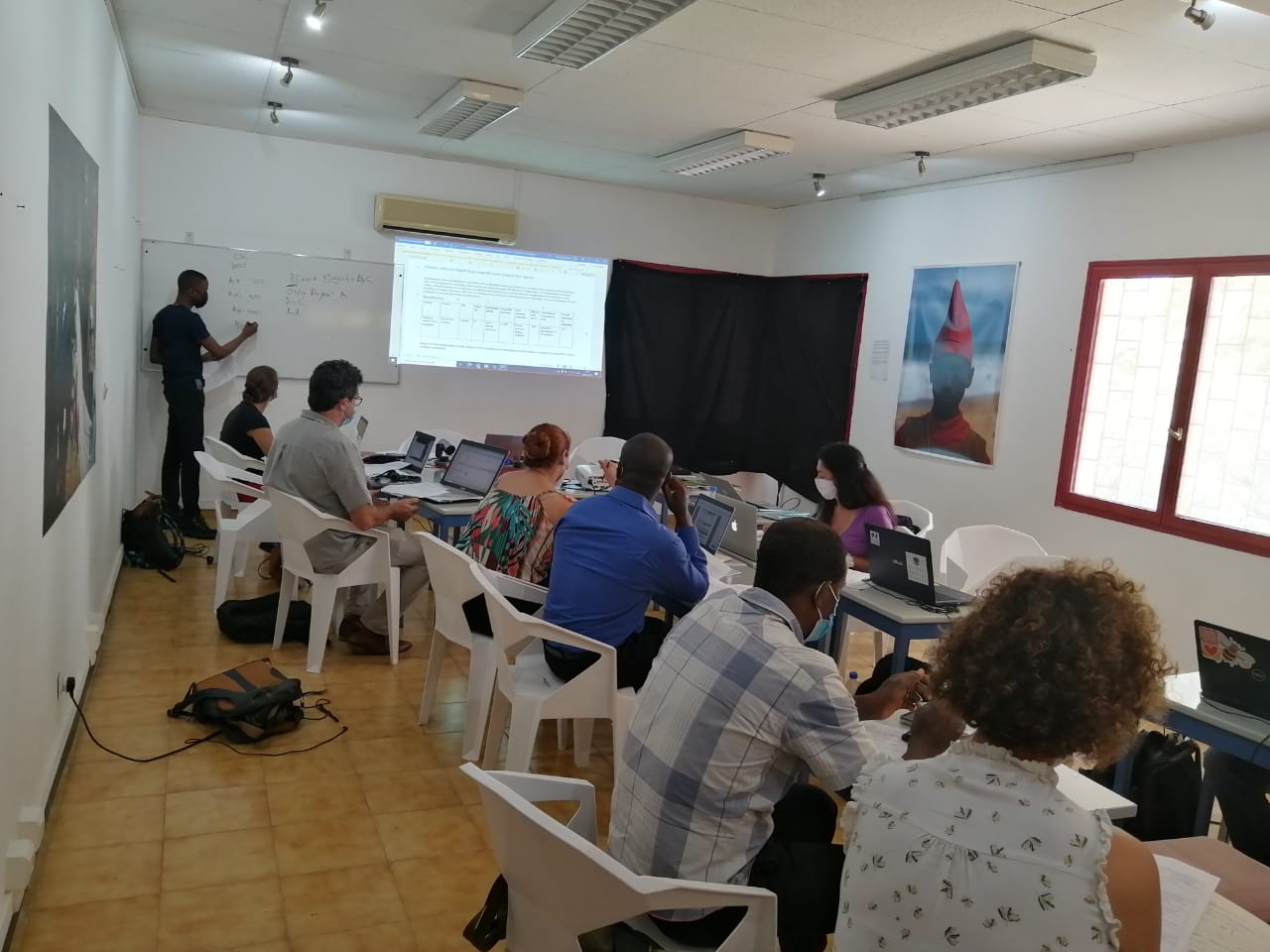Key Biodiversity Areas (KBAs) "are sites that contribute significantly to the global persistence of biodiversity in terrestrial, freshwater, marine and subterranean systems. They represent the most important sites for species and their habitats, and are identified at the national level using the Global Standard from the International Union for Conservation of Nature (IUCN) established in 2016."
Mozambique was one of the first countries worldwide to complete a comprehensive national KBA assessment, applying the 2016 Global Standard to multiple taxonomic group through the project “Red List of Threatened Species and ecosystems, identification and mapping of Key Biodiversity Areas (KBAs) in Mozambique” with the joint collaboration of the Wildlife Conservation Society (WCS) and the National Directorate of Environment (DINAB), with funding from SPEED+ a USAID program.
Taking into account the experience and the successful KBA national assessment in Mozambique, as well as for being a Portuguese-speaking country, WCS Mozambique was invited by the global KBA secretariat and Birdlife international - STP to provide intensive training, share experience and give technical assistance during the KBA national assessment in São Tome e Príncipe. Eleutério Duarte, a Mozambican biologist and project assistant at WCS-Mozambique since 2019 with experience in conducting KBAs assessments was appointed for this activity.

The Workshop on KBAs assessment in São Tomé, took place from September 27 to October 1 (two days of training, and 3 days of assessment) and was hosted by the São Tomé e Príncipe national focal point of the Convention for Biological Diversity (CBD), in partnership with the global KBA Secretariat and BirdLife International. Besides WCS Mozambique, the Missouri Botanical Garden (MBG), “Fundação Príncipe” and the “Flora Ameaçada “project also supported the event.
The workshop was attended by more than 40 participants (online and in person), which included local and international experts, as well as representatives of public and private organizations with interests in biodiversity issues. During the workshop it was proven that defining key biodiversity areas is a critical exercise to provide strategic guidance for both local government and funding agencies in order to ensure biodiversity conservation.


Using the best available information, the protected areas of São Tome and Principe (the Obô Natural Park of São Tomé, the Principe Natural Park and the Tinhosas islets) have been successfully assessed. In addition, recommendations have been made to assess other areas of critical interest in a second phase. Currently, the proposals of these potential KBAs are being prepared and a public presentation of this work is planned for the near future.